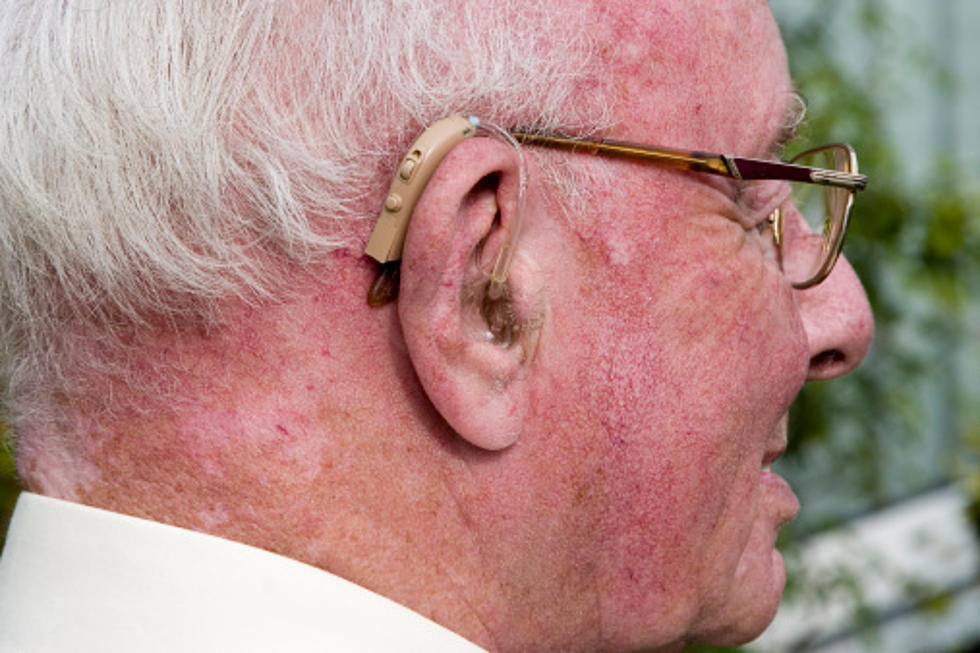
MSU Astrophysicist Receives Prestigious National Science Foundation CAREER Award
BOZEMAN – Montana State University astrophysicist Amy Reines has won a major award that will further research on black holes to answer important questions in astrophysics.
Reines, an assistant professor MSU’s Department of Physics in the College of Letters and Science, said she was “honored and thrilled” to learn that she had been awarded a prestigious National Science Foundation CAREER grant, which will provide $750,000 over the next five years for research into the relationships between massive black holes and the properties of the small galaxies that host them.
“It’s nice to know that my proposal was highly ranked by others in my field, and I’m excited that I’ll have funding to do this work and help graduate students,” said Reines, who has been at MSU for five years.
The CAREER Award is the NSF’s most prestigious program supporting outstanding early-career faculty members who exemplify the role of teacher-scholar through education and research. Yves Idzerda, dean of the College of Letters and Science, said a CAREER award is viewed as further confirmation of the high caliber of a faculty member.
“At any institution, a faculty member who gets a CAREER award is now designated a future leader in their field and a future leader within their university,” he said.
Reines was the first scientist to find evidence that dwarf star-forming galaxies can harbor massive black holes, a discovery that would determine the course of her research career. With the CAREER funding, Reines and at least three doctoral students will use new techniques to search for and study more dwarf galaxies in hopes of answering lingering questions about how black holes form and how galaxies evolve.
Astronomers categorize galaxies in terms of solar mass – that is, their masses compared to that of the sun. Small, low-mass galaxies are believed to harbor smaller black holes.
Scientists don’t know what “seeded,” or initiated, the first supermassive black holes, and they believe they are unlikely to make that discovery by studying existing supermassive black holes in massive galaxies. That’s because supermassive black holes grow over time, mostly by feeding on gases funneled down to them during the mergers of galaxies or by merging with one another. Those processes likely obliterate clues about the origins of supermassive black holes, so scientists believe studying smaller black holes in low-mass galaxies with quieter merger histories could reveal clues about the seeds of supermassive black holes.
“This is a major outstanding question in astrophysics – how did black holes a billion times more massive than the sun get started in the first place?” Reines said.
The work will build on previous findings by Reines and her students, including those described in a paper published in the journal Nature in early 2022 in which Reines and lead author Zachary Schutte, a doctoral student in Reines’ lab, described a black hole that appeared to be triggering star formation in a dwarf galaxy. Scientists previously believed that the energy released by feeding black holes created conditions adverse to star formation, so the revelation by Schutte and Reines – combined with images from the Hubble Space Telescope – made headlines around the world.
Idzerda said Reines’ examination of galaxies also may help determine relevant information about our own galaxy.
Dana Longcope, head of MSU’s physics department, said that in addition to being a leader in her field of study, Reines integrates her research with student-focused education, an effort she can expand with the CAREER grant award.
“She is already a leader in both, and this grant will provide resources to make that integration even stronger,” he said.
A portion of the grant proceeds will fund a new interactive presentation about black holes to be prepared by Reines and presented to at least 20,000 K-12 students across Montana by specially trained MSU student ambassadors from the Space Public Outreach Team, which is administered through the Montana Space Grant Consortium at MSU. Reines said she also is excited to provide free workshops across Montana to help teachers prepare astronomy-related materials for their classrooms.
Idzerda noted that Reines has committed herself to supporting female students and colleagues in a field in which they are underrepresented. She founded and is active in the campus chapter of Women+ in Physics and also involved in MSU’s TaMIA, or Towards a More Inclusive Astronomy, group.
“Amy has done a wonderful job forming an environment that women feel comfortable participating in and exploring issues that the entire department benefits from,” Idzerda said. “She’s one of the pioneers at Montana State University. This is a well-deserved award, both because of the individual she is and the science that she brings with it.”
- By Diana Setterberg, MSU News Service -









